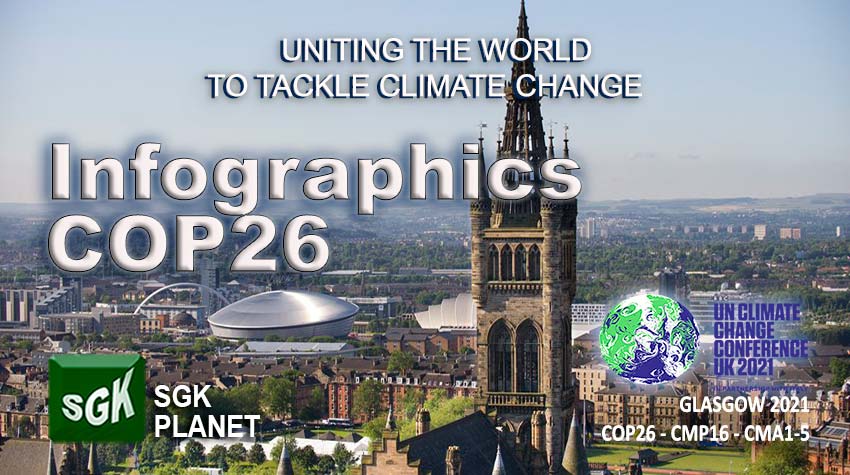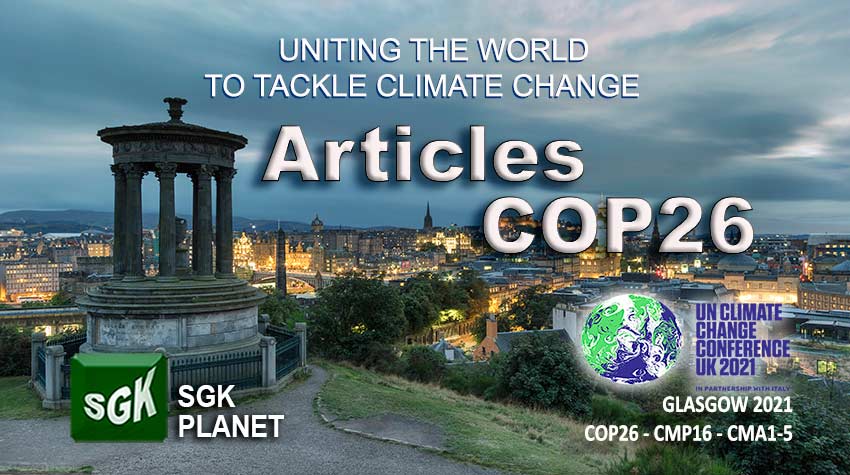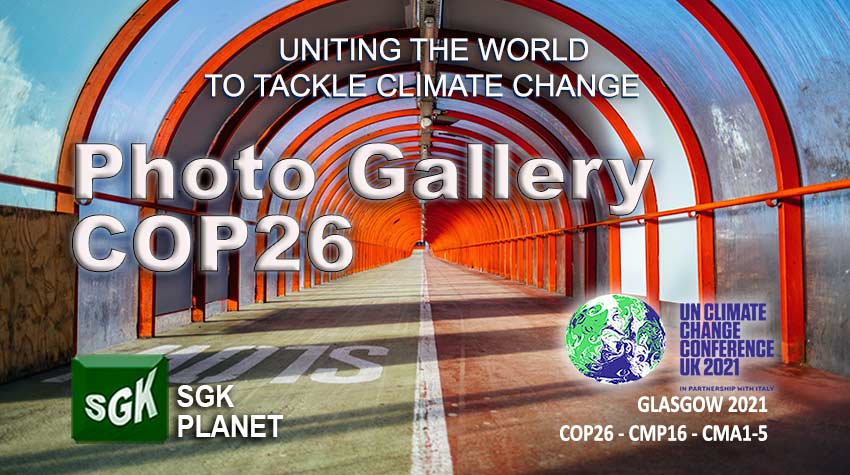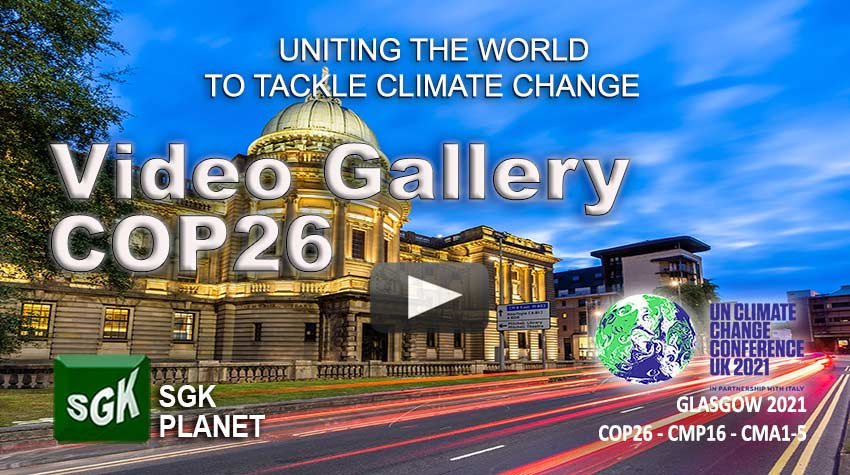FAQs about COP26 Glasgow 2021
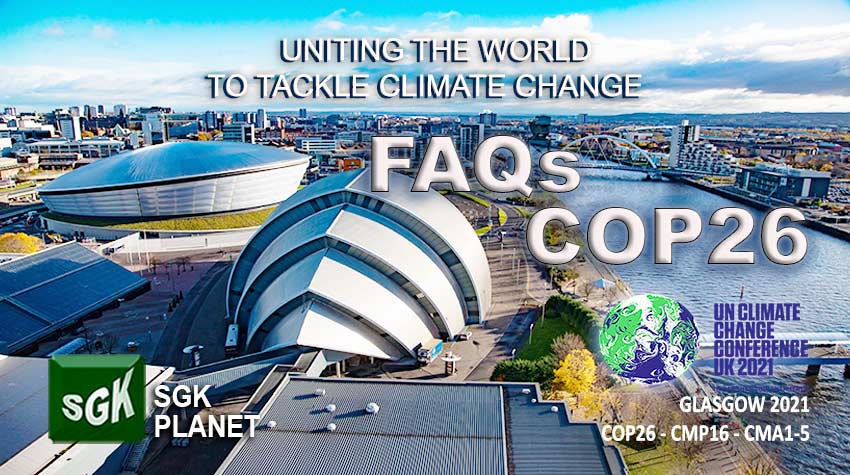
Alexey Rezvykh/AdobeStock
5. What are the objectives of COP26?
The COP26 board, chaired by Alok Sharma, set the following goals for the crucial November climate meeting:
* Ensure global net zero by 2050 and maintain the achievement of the goal of 1.5 °C
Countries are asked to come up with ambitious emission reduction targets (NDCs) for 2030 that align with reaching net zero by mid-century. To meet these goals, countries will need to accelerate the phase-out of carbon, encourage investment in renewable energy, reduce deforestation, and accelerate the shift to electric vehicles.
* Work together to address the challenges of climate change.
At COP26 we must finalize the Paris Rulebook (rules necessary to implement the Paris Agreement). Turn the parties’ ambitions into action, accelerating collaboration between governments, businesses and civil society to meet climate goals more quickly.
* Mobilize the finances committed in the Paris Agreement.
To achieve the first two goals, developed countries must deliver on their promise to raise at least $ 100 billion in climate finance per year. International financial institutions must play their part and work to unleash the trillions of dollars in private and public sector finance needed to ensure global net zero.
* Achieve adaptation to protect communities and natural habitats.
The climate is changing and will continue to change, even as we reduce emissions, with devastating effects. At COP26, we must work together to encourage countries affected by climate change to protect and restore ecosystems, build defenses, implement alert systems, and make infrastructure and agriculture more resilient to prevent loss of homes, income, and lives. See COP26 document
The “Race to Zero”, or “Race to Zero”, marks the path to COP26
The COP26, to be held between November 1 and 12, 2021, in the city of Glasgow, Scotland. This campaign seeks to reformulate the methods of innovation and development “in support of a more resilient, inclusive and healthy economy after COVID-19”.
On June 5, 2020, World Environment Day, the UN made the “Race to Zero” or “Race to Zero” official, the world’s largest net zero alliance, currently with more than 3,800 members, representing more than 15% of the world economy, one billion people and 21% of the world’s largest companies.
The Alliance brings together more than 2,300 companies, 700 cities, 160 investors, 600 educational institutions, 20 regions committed to reducing net zero emissions by half by 2030 and by 2050, at the latest, all of these emissions. It is a global campaign for “for a healthy, resilient and zero-carbon recovery that creates jobs, unlocks inclusive and sustainable growth and reduces the risk of future shocks.”
This initiative “will be essential to deal with the complexities of global transformation and promote the high ambition of all stakeholders in the course of a better recovery,” in the words of the UNFCCC.

FAQs about COP26 Glasgow 2021
1. Where and when will COP26 take place and what is its motto?
2. Who will chair COP26 and what are their roles?
3. Where is Glasgow and what is the city like?
4. What is the importance of COP26?
5. What are the objectives of COP26?
6. What issues from COP25 were left pending for COP26?
7. What is Italy’s role at COP26?
8. What is the Pre-COP26 and the 2021 Youth Summit?
9. What is a High Level Climate Champion at COP26?
10. Who is in the steering group of COP26?



